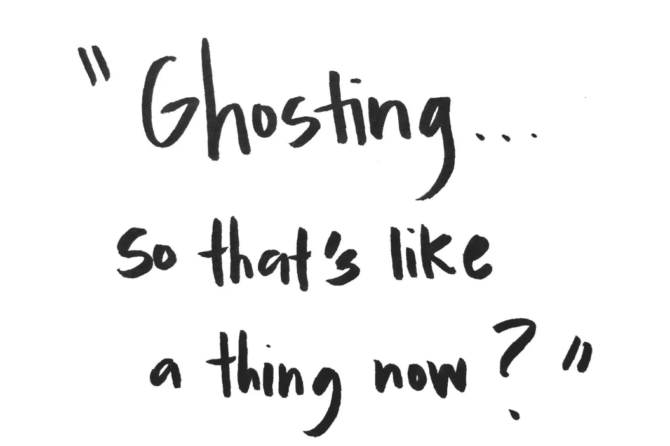It’s totally normal to feel stressed or anxious from time to time, but there’s lots of things you can do to manage your anxiety.
Remember: there’s a difference between feeling stressed every now and then, and experiencing ongoing anxiety. If the stress or anxiety is starting to take a toll, consider talking to a mental health professional.
1. Talk to someone you trust about how you’re feeling
Just talking to someone about how you feel can take a weight off your shoulders. Make sure you trust the person, then work out what you want to say to them. We’ve got four more steps for talking to someone you trust here.
2. Focus on the present
Have you ever noticed that feeling stressed or anxious often coincides with dwelling on the past or worrying about the future? Simply focusing your mind on the present moment can help you feel a little more relaxed. You might be surprised to know there’s lots of ways to do this, even if you don’t like meditating. Here’s five simple ways to be more mindful.
3. Take some time out
A fully packed schedule would make a lot of people feel stressed. Make sure you fit in at least one thing you enjoy each day, whether it’s a hobby, a Netflix show, or a chat with a friend. It can also help if you schedule the enjoyable activity into your day, so that you don’t feel guilty about not doing something else.
4. Monitor your thoughts
Sometimes we don’t even know what’s making us stressed or anxious. Writing down your thoughts can help you figure out what the cause is. Once you’ve done that, you can work on challenging and changing your negative thoughts. You can use a diary to do this, or an app such as Mindshift.
5. Challenge your thoughts
If your head is full of negative thoughts, of course you’re going to feel stressed or anxious. But even though our thoughts feel true, it doesn’t mean they reflect what’s really happening. Try writing down what you’re thinking, then adding facts that support or disprove each thought. You might be surprised by how many of your thoughts are exaggerated or aren’t reality. Read more about how to challenge negative thoughts here.
6. Move more, eat well, sleep
It’s pretty well known that exercise lowers stress, reduces anxiety and improves mood. And the good news is: you don’t need to run a marathon to get the benefits. It takes just 30 minutes of exercise a day to make a difference. We’ve got some tips on how to exercise when you’re not feeling motivated.
7. Face your fears
If you always avoid situations that make you anxious, this might be stopping you from doing things you want or need to do. It sounds weird, but facing the things that make you anxious can reduce your anxiety.
It’s best to do this with the help of a professional, though, so that it doesn’t get too full-on for you. If you’d like to speak to a experienced, qualified and friendly Counselor – click here
Article by reachout.com







